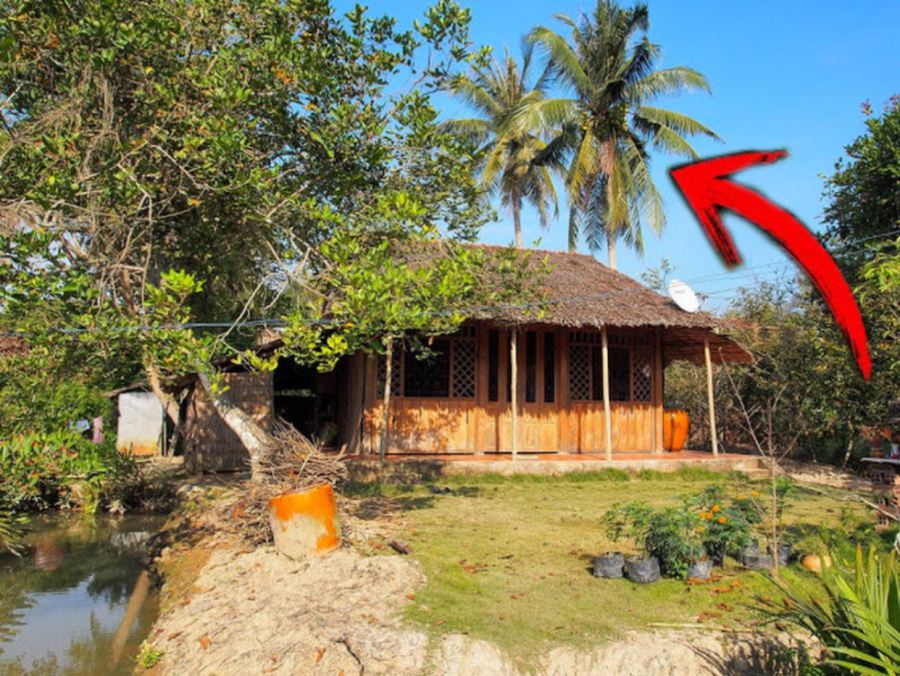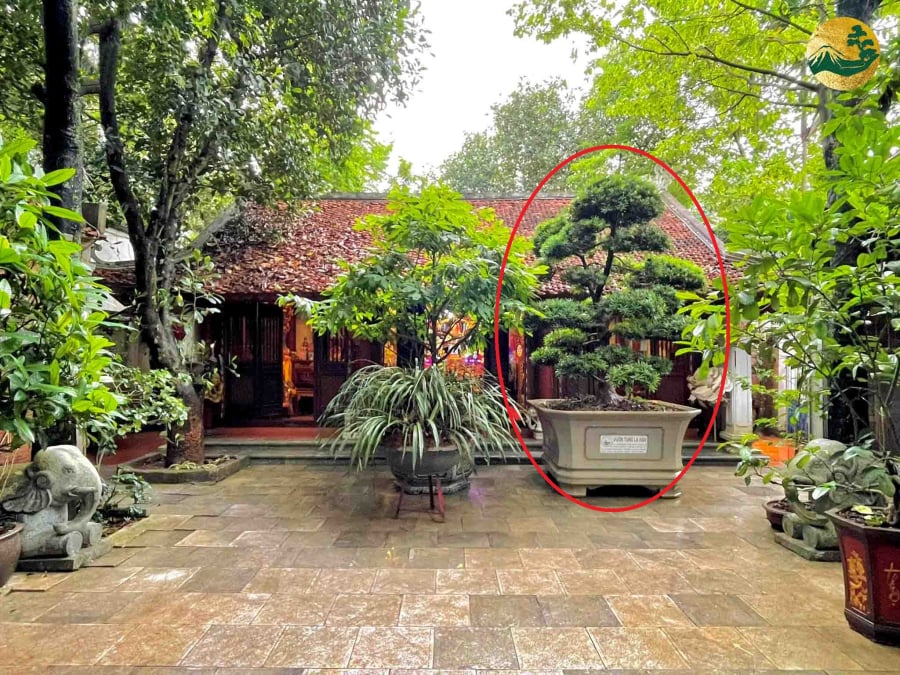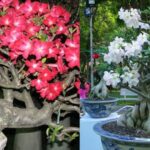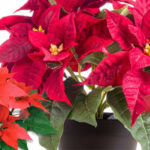Five types of trees that are believed to bring bad luck and poverty to a household if planted on its premises are mulberry, pear, pine, cypress, and Fa-luo trees.

These Trees Are Believed to Bring Poverty and Bad Luck – Remove Them Immediately!
Mulberry and pear trees are considered inauspicious due to their conflicting nature. Planting a mulberry tree is believed to bring misfortune and grief to the family, while a pear tree can lead to family separation. As a result, many people choose not to plant these trees near their homes, even if the fruit is delicious, opting to grow them away from their living spaces instead.
Pine and cypress trees are avoided due to their association with “ghosts and demons.” In ancient times, people deeply believed in the existence of ghosts and deities, holding the latter in high regard as symbols of goodness, while steering clear of ghosts, which were believed to bring harm.
The pine tree, a symbol of nobility in ancient poetry, is often used as a metaphor for a person’s integrity. However, to the average person in ancient times, the pine tree was considered the “most yin,” and planting it in front of a house would create an imbalanced yin-yang environment, which was believed to be detrimental to one’s health and well-being. This belief stems from the ancient understanding that a body filled with yang energy would naturally repel illnesses and evil spirits. For this reason, people refrained from planting pine trees near their homes. Another reason for this avoidance could be the inconvenience of having to constantly sweep away the fallen pine needles, as the tree sheds them abundantly.
The cypress tree was believed to have the power to suppress minor demons and negative energies. Often, this type of tree was planted in cemeteries to keep negative energies at bay. However, over time, people began to question the idea of having a cemetery-associated tree planted in front of their homes. No matter how beneficial the tree might be, this association made people hesitant to plant it in their gardens.
As for the Fa-luo tree, the name itself may offer a clue. In Chinese, the word “Fa-luo” is composed of the characters for “wood” and “demon,” suggesting a demonic presence in the tree. Thus, it is not surprising that people would be reluctant to plant it in their gardens. While the flowers of the Fa-luo tree may be fragrant and beautiful, ancient people valued their lives above all else, and so this tree was often avoided. However, prestigious families still favored it because, in ancient times, “Fa-luo” was associated with “happiness.” Planting it in one’s courtyard was believed to bring good feng shui and wealth.

Feng Shui Tips for Planting Trees in Front of Your House
What You Need to Know About Planting Trees in Front of Your House:
While trees provide shade and fresh air, certain considerations should be made according to feng shui principles. If a large tree with dense branches blocks the view or a withered, dying tree stands in front of your home, it is not considered auspicious.
This is because a large tree can block the sun, the source of yang energy, from entering the house. As a result, the house becomes dark and filled with negative energy, leading to a lack of yang energy. This imbalance can cause health issues and create disadvantages in studies and business ventures for the household members.
From a scientific perspective, large trees have extensive root systems that can grow deep into the ground or spread out, potentially damaging the house’s foundation and structure. The closer a large tree is to the house, the greater the potential impact.
Withered and dying trees in front of the house are also considered inauspicious from a feng shui perspective. Lush, green trees symbolize life and vitality, while dry, withered trees represent death and decay. In such cases, it is advisable to cut or remove these trees and replace them with new ones.
For tall, healthy trees with wide canopies, regular pruning is recommended to ensure the house remains visible and receives ample sunlight. Additionally, keeping the front door and windows open, as well as installing lighting, can help bring more yang energy into the home.
While large, dry trees are considered unfavorable in feng shui, tall trees with bright leaves, such as the coconut tree, are preferred. An old saying goes, “Coconut in the front, banana in the back,” suggesting that coconut trees should be planted in the front yard and banana trees in the back. Although modern life has brought many changes, including architectural styles, the wisdom of choosing the right trees to plant in front of your home remains relevant.
In feng shui, the open space in front of the house is known as the “bright hall,” serving as a buffer to filter and attract positive energy into the home. Coconut trees have a straight, round trunk, with leaves concentrated near the top, making them aesthetically pleasing without obstructing light or views. A row of coconut trees also acts as a natural fence, providing protection and a sense of enclosure for the house. Additionally, coconut trees shed very few leaves, reducing the need for frequent sweeping, which aligns with the demands of modern urban life.
Aside from coconut trees, other suitable trees for planting in front of the house include ornamental palm trees, bamboo, and Chinese fan palm.
This information is for reference only. Please use your discretion.
The Power of the Snake Plant: Inviting Prosperity and Protection into Your Home.
Many people opt for the Snake Plant to adorn their homes, yet few are aware of its true prowess. This unassuming houseplant boasts an array of benefits that make it an ideal choice for any indoor space. From purifying the air to adding a touch of natural beauty, the Snake Plant is a true hero among houseplants. But what exactly sets it apart? Let’s delve into the wonders of the Snake Plant and uncover why it’s so much more than just a decorative piece.



































